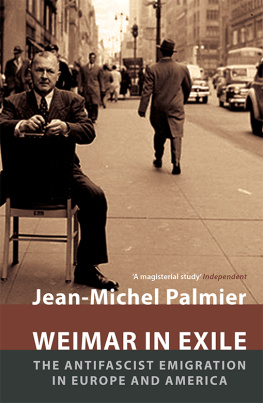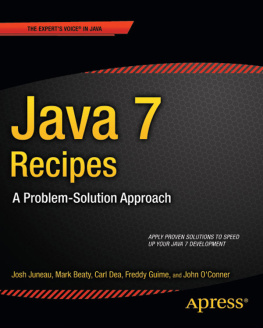Leslie H. Palmier - Social Status and Power in Java
Here you can read online Leslie H. Palmier - Social Status and Power in Java full text of the book (entire story) in english for free. Download pdf and epub, get meaning, cover and reviews about this ebook. year: 1960, publisher: Athlone Press, genre: Politics. Description of the work, (preface) as well as reviews are available. Best literature library LitArk.com created for fans of good reading and offers a wide selection of genres:
Romance novel
Science fiction
Adventure
Detective
Science
History
Home and family
Prose
Art
Politics
Computer
Non-fiction
Religion
Business
Children
Humor
Choose a favorite category and find really read worthwhile books. Enjoy immersion in the world of imagination, feel the emotions of the characters or learn something new for yourself, make an fascinating discovery.

- Book:Social Status and Power in Java
- Author:
- Publisher:Athlone Press
- Genre:
- Year:1960
- Rating:3 / 5
- Favourites:Add to favourites
- Your mark:
- 60
- 1
- 2
- 3
- 4
- 5
Social Status and Power in Java: summary, description and annotation
We offer to read an annotation, description, summary or preface (depends on what the author of the book "Social Status and Power in Java" wrote himself). If you haven't found the necessary information about the book — write in the comments, we will try to find it.
Social Status and Power in Java — read online for free the complete book (whole text) full work
Below is the text of the book, divided by pages. System saving the place of the last page read, allows you to conveniently read the book "Social Status and Power in Java" online for free, without having to search again every time where you left off. Put a bookmark, and you can go to the page where you finished reading at any time.
Font size:
Interval:
Bookmark:

LESLIE H. PALMIER

First paperback edition, with corrections, 1969
2 Park Square, Milton Park, Abingdon, Oxon OX14 4RN
605 Third Avenue, New York, NY 10017
Product or corporate names may be trademarks or registered trademarks, and are used only for identification and explanation without intent to infringe.
The publisher has gone to great lengths to ensure the quality of this book but points out that some imperfections from the original may be apparent.
MY FATHER
New Zealand.
April 1959
- 2. Status-Systems
- 3. Objectives and Methods
- 4. Social Characteristics of One Small Town
- 5. The Javanese Regents
- 6. Status and Kinship among the Javanese Nobility
- 7. Regents and Wives
- 8. Maternal Status, Kinship and Appointments
- 9. Poverty and Honour
- Appendix: Javanese New Year Visiting Patterns
- 10. Nobility and Officials
- 11. Javanese-Chinese Relationships
- 12. The Provisional Regional People's Representative Assembly (Dewan Perwakilan Rakyat Daerah Sementara)
- 13. Informal Relationships among Officials
- 14. The Public Recognition of Status
- 15. The Transmission of Power
Font size:
Interval:
Bookmark:
Similar books «Social Status and Power in Java»
Look at similar books to Social Status and Power in Java. We have selected literature similar in name and meaning in the hope of providing readers with more options to find new, interesting, not yet read works.
Discussion, reviews of the book Social Status and Power in Java and just readers' own opinions. Leave your comments, write what you think about the work, its meaning or the main characters. Specify what exactly you liked and what you didn't like, and why you think so.


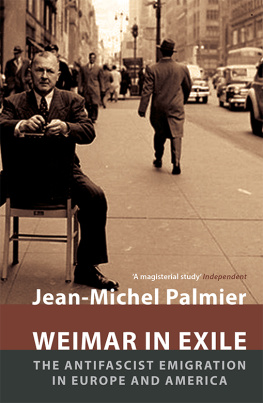
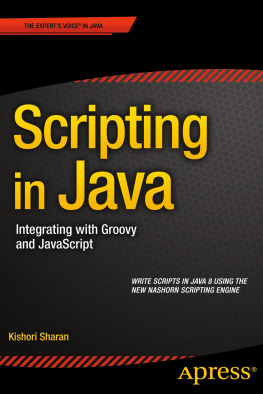
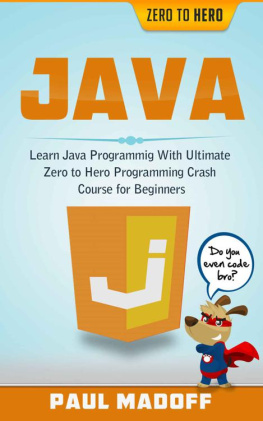
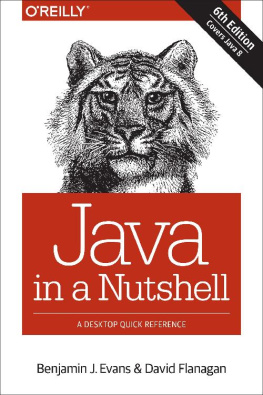
![Nzenwa I. U - Java Basics: An intro to Java and the Java developement [development] environment](/uploads/posts/book/109245/thumbs/nzenwa-i-u-java-basics-an-intro-to-java-and-the.jpg)
